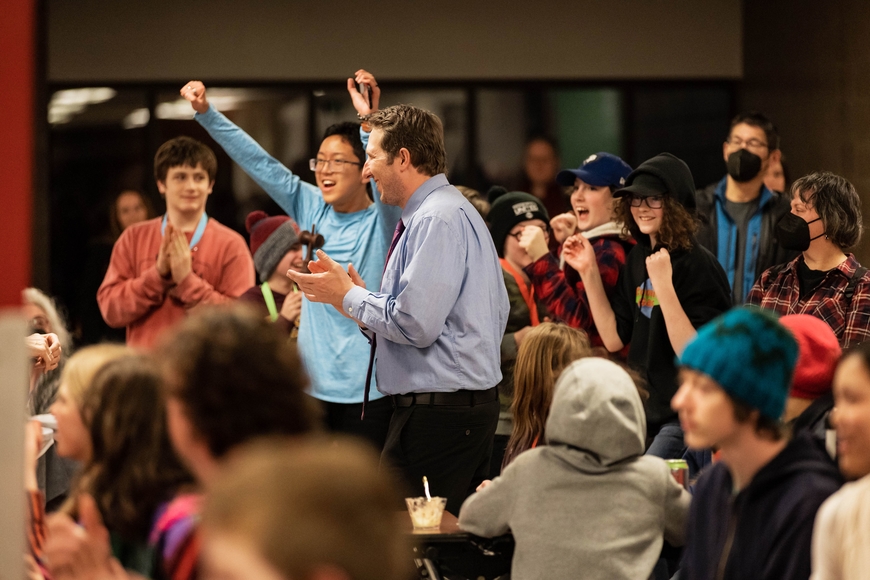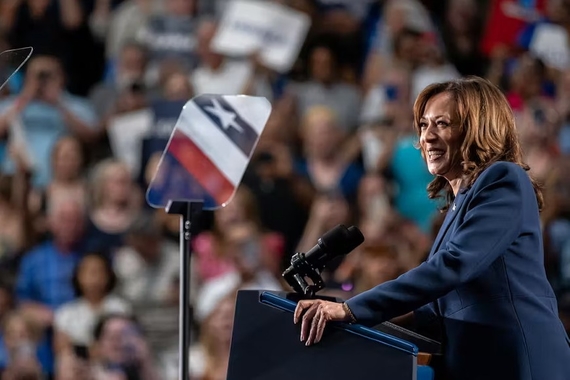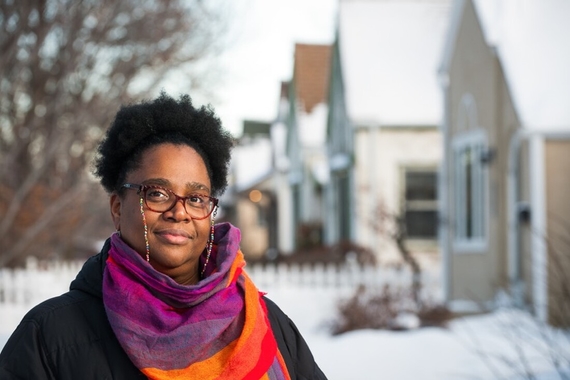For the Students: Minnesota Urban Debate League Creates Future Leaders
In today's world of social injustice and political strife, young people are no longer standing aside. They want to fight against society’s problems and fix them. But, in order to do that, kids need to have the social, financial, and linguistic literacy to make the change they want to see in the world.
Providing those skills is the mission of the Minnesota Urban Debate League (MNUDL). Founded in 2004 as a chapter of the national Urban Debate League by Karon Garen, a passionate debater and mother, the MNUDL strives to give kids an argumentative, supportive, and powerful community. Coaches and staff work together to recruit and teach students the ins and outs of competitive debate before they eventually compete with other teams. Through collaborative workshops and team ups, students can build their public speaking confidence and analytical skills.
Their Advocating Mission
The MNUDL aims to help students gather the skills and confidence they need to become campaigners for their own communities and selves. As Skye Spindler, the Community Debate Liason at MNUDL, says the goal is not to teach “inner city kids” (i.e., minority children disproportionately harmed by society) how to speak “properly” or ask nicely for rights. It is about arming them with the tools they need to enact change—to demand it and make it happen.
“We want to empower students through competitive academic debate to become engaged learners, critical thinkers, and active global citizens who are effective advocates for themselves and their communities.” (MNUDL)
But, their mission can only succeed if people in and out of the community actively try to give students those opportunities. That is why the MNUDL has partnered with The Liberal Arts Engagement Hub. With The Hub’s central position in the University of Minnesota community, the MNUDL is able to reach out to all corners of campus, recruiting volunteers for their Spanish and East African debate programs and identifying Department of Communication Studies students to serve as debate judges.
The Debates
The MNUDL serves over 1,200 students at 40 partner schools across and beyond the metro area. At its beginning, MNUDL concentrated on policy debate, a debate format that focuses on the legal approach to political issues of today's world. MNUDL aimed to keep policy debate alive in urban areas, in order to make sure the people affected by these problems had a platform to talk about them. By keeping policy relevant to this day, they carry on debate’s oldest form of social injustice opposition and promote important discussions about topics in urban areas that students might be apt to explore.
The MNUDL has also extended its reach to support other unique forms of debate. These forms cover different issues and further assist the marginalized communities that the issues harm. The MNUDL offers Spanish Debate Spanish-speaking debate opportunities to help students fight similar social battles within their community. This form shows that languages other than English are just as powerful, valid, and academic in a country where English is the predominant language. In East African Debate, they tackle serious topics on issues that affect the East African community in Minnesota. Through their Financial Literacy Debate, they teach young women, girls, and non-binary identifying students the economic knowledge that is often held back from them.
“This kind of debate is so applicable to my life,” says Riley, a student in MNUDL’s Financial Literacy Program. These programs all work to give students of all backgrounds the space to foster their communities and abilities that they need to face real-world issues confidently.
The Students
It is a common belief that debate is nothing but a stressful extracurricular activity that is only fitting for major academics. Many students in the MNUDL thought so too, until they gave debate a chance. “Debate opened up a whole new world for me. It surprises me what I can do with my voice right now. I’m changing the future, I’m changing society, slowly, bit by bit,” says East African MNUDL debater Maryam on the MNUDL website.
As Spindler puts it, “Debate isn’t for smart people. Debate makes you smarter.” Because the MNUDL turns the hard work that debate requires into a fun, collaborative experience, it is no wonder kids grow both academically and socially. MNUDL not only gives kids the chance to learn about the world and grow their skills but also gives them a supportive community to find comfort and safety in.
The National Association for Urban Debate Leagues has always existed, and continues to exist, for the students. It exists for the young people who will be the next generation to revolutionize the social-political world. It exists to keep the argumentative and powerful spirit of debate alive and thriving through the next generations of students. It exists to provide a safe, encouraging, and diverse space for students to interact with the world and discover more about themselves.
Debate is a tool that can launch a student to a leader, but only if there are still groups like the MNUDL around to teach them how to use it. With a relentless drive to continue recruiting and hiring, the MNUDL will stay alive for the students and the future. By helping students around the state communicate about their fight against issues they know and experience on the daily, the MNUDL creates a generation of future leaders that will change the world.
The Liberal Arts Engagement Hub
Minnesota Urban Debate League is one of five Hub Residencies for the 2022-2023 academic year. The Liberal Arts Engagement Hub seeks to facilitate reciprocal and trusting partnerships between humanistic scholars in the arts, humanities, and social sciences and the community to respond to important social challenges.
This story was written by an undergraduate student in CLA.



